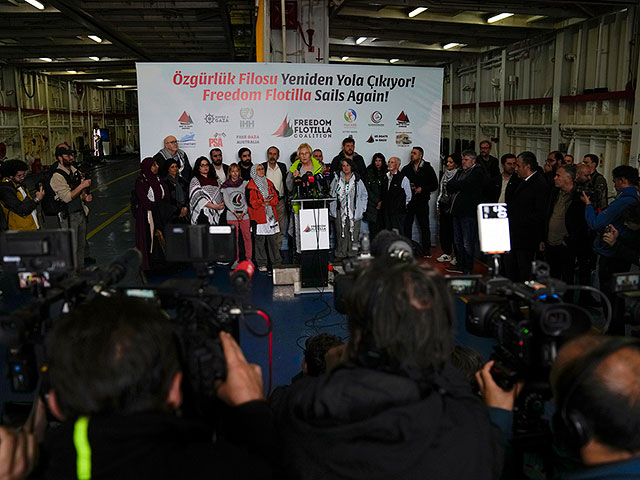Pioneering in Computer Vision: The Legacy of Takeo Kanade.
Takeo Kanade, a 78-year-old from Japan, has dedicated over 40 years to the scientific discipline of artificial vision. His fundamental algorithms, developed alongside Bruce Lucas in the Lucas-Kanade method, have helped computers and robots understand moving images. Kanade’s work has contributed to advancements in robotic surgery, autonomous driving, and facial recognition, and he has been recognized with the Frontiers of Knowledge Award in the Information and Communication Technologies category by the BBVA Foundation.
Kanade received his doctorate in Electrical Engineering from Kyoto University in 1974. His passion for engineering was discovered at the age of 5 when he went fishing and made his own hook. He is currently a professor of Computer Science and Robotics at Carnegie Mellon University in Pittsburgh, USA, and was the founder of the Technology Center for Quality of Life, which he directed from 2006 to 2012.
In a recent interview, Kanade discussed the future of robotic vision and emphasized that there is potential for robots to surpass human capabilities in certain areas. While driving may become fully autonomous within the next decade, human intuition and understanding still play a crucial role in avoiding accidents. Kanade also highlighted the challenges and opportunities in the field of artificial vision, such as virtualized reality and the prevention of malicious use of deepfakes.
When asked about improving the quality of life for people with disabilities, Kanade emphasized the importance of developing technology that increases independence and complements human capabilities rather than replacing them entirely. He also discussed how his work has contributed to surgical precision, enabling robot surgeons to use advanced sensors for tasks such as tumor detection and image-guided surgery.
Despite advancements in artificial vision technology, Kanade stressed ethical considerations and integrity when it comes to its use. He acknowledged potential risks associated with deepfakes and emphasized that vigilance and awareness are essential to prevent their malicious use. Kanade’s contributions have paved the way for innovative applications of computer vision technology that have improved lives while advancing our understanding of the world around us.
In conclusion, Takeo Kanade is a pioneer in artificial vision who has dedicated his career to this field. His work has had significant impacts on various fields like robotic surgery, autonomous driving

